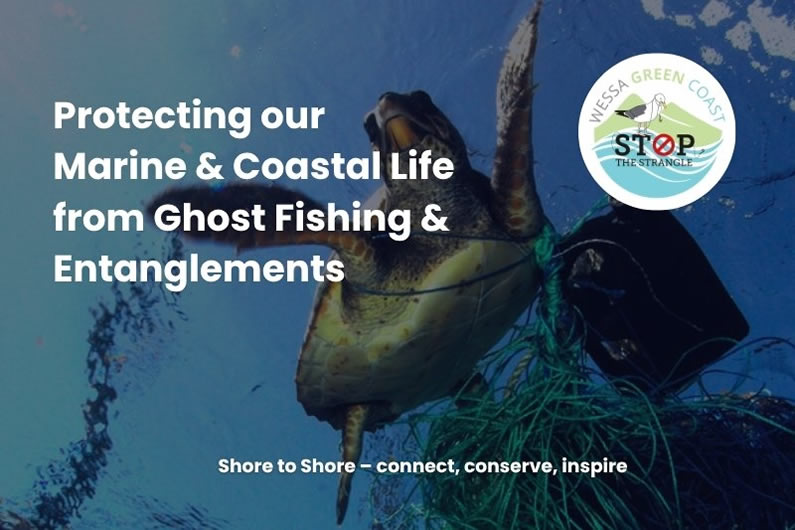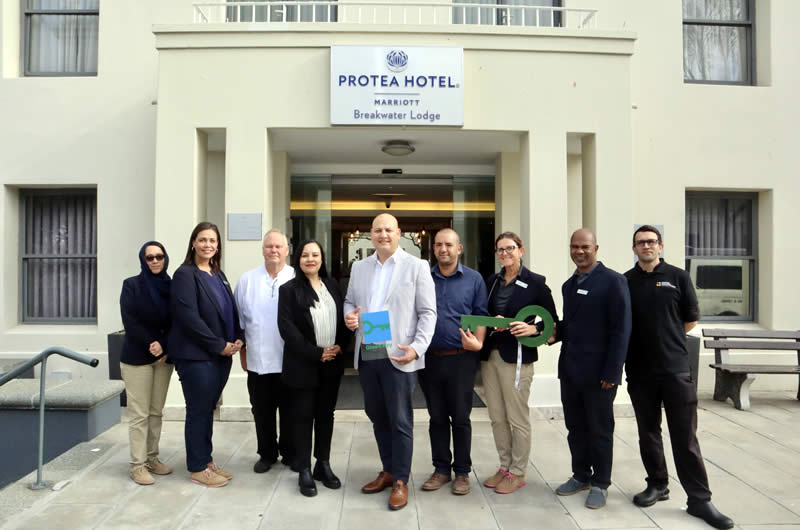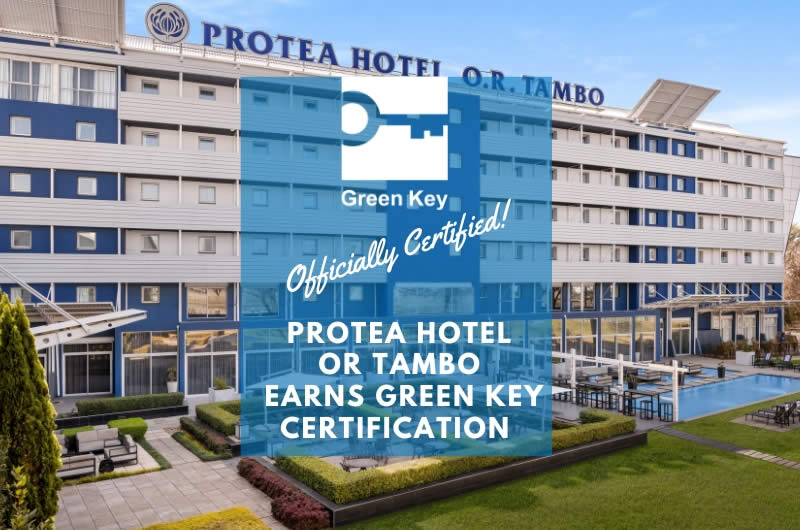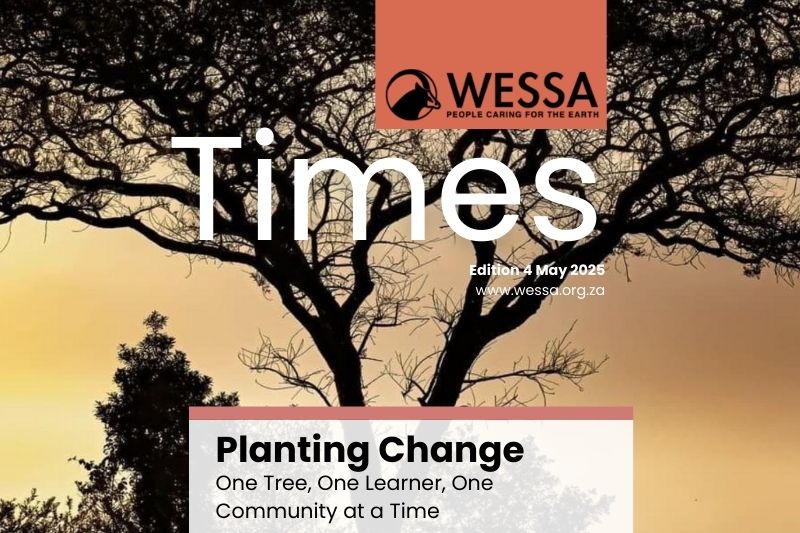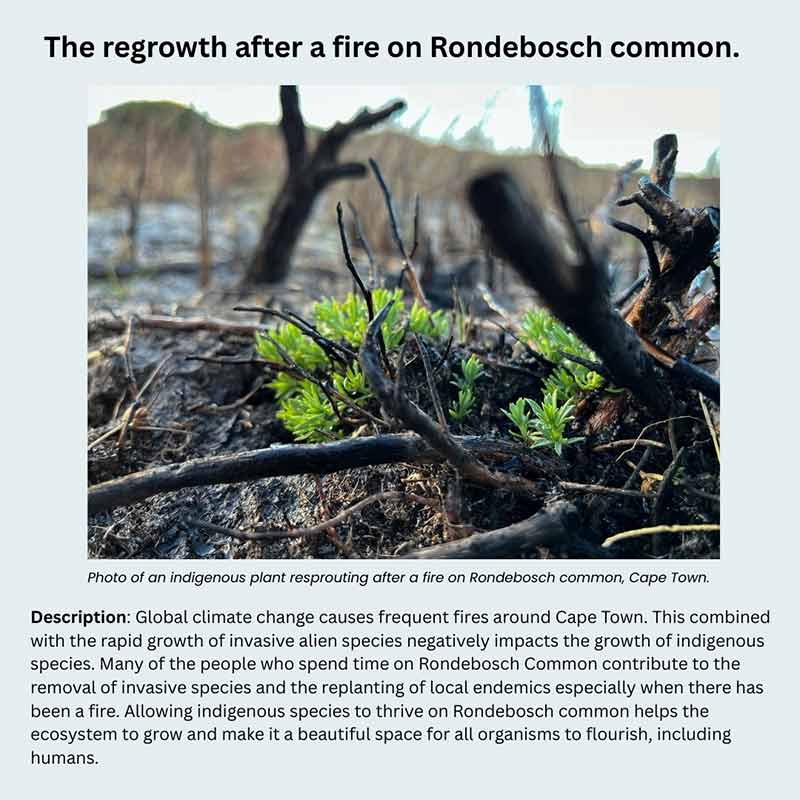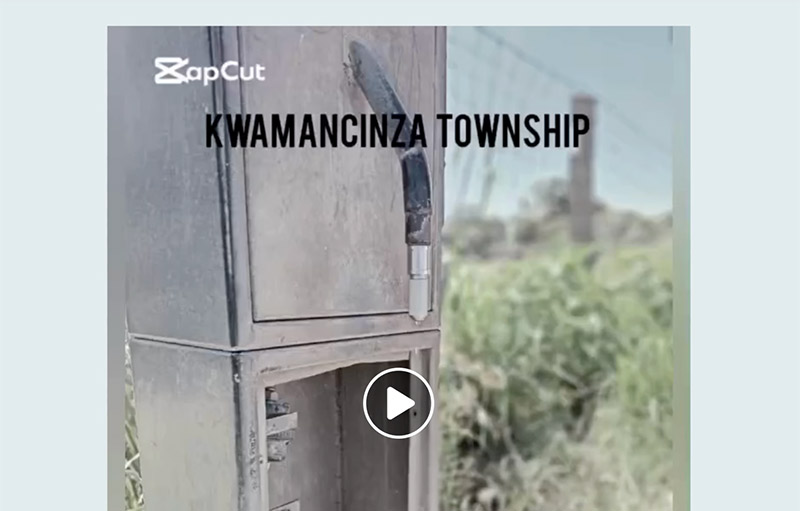Wispeco and WESSA bring change to Naledi Pre-Primary School on World Environment Day
Located in Katlehong, Gauteng Province, Naledi Pre-Primary School is more than just a learning space; it’s a hub of potential for young minds. But when a baseline assessment revealed serious gaps in infrastructure, learning materials, and safe play spaces, it became clear that this Early Childhood Development (ECD) centre needed urgent support. The most critical issue? The school’s sanitation facilities were in desperate need of repairs.
On 5 June 2025, Wispeco and WESSA came together to host a vibrant World Environment Day celebration at the primary school. As part of a broader commitment to holistically support the school, the event aimed to spark environmental awareness among young learners, educators, and the surrounding community. The day unfolded with interactive games, storytelling, and hands-on activities designed to nurture environmental consciousness from an early age.
With a shared mission to help create a safe, inspiring, and healthy environment for both learners and educators, Wispeco and WESSA provided a range of essential resources, from stationery and storytelling aids to swings, slides, and water play equipment. And because learning through play is just as important, the day also featured custom-designed educational games like Eco Heroes and Animal Hunt and Sounds to spark curiosity and deepen environmental awareness in the youngest learners.
Restoring dignity
Responding to the school’s most urgent need, teams from Wispeco and WESSA rolled up their sleeves to refurbish the school’s toilet facility. Identified during the initial assessment as an area requiring immediate attention, the space was given a much-needed facelift through fresh coats of paint and care. More than just an infrastructure upgrade, the effort marked a shared commitment to creating a cleaner, safer, and more dignified environment for young learners.
An environmental pledge
In a powerful and symbolic gesture, the learners participated in an environmental pledge activity, placing painted handprints on a cloth banner to represent their personal promise to protect the Earth. This colourful and creative moment captured the spirit of the day, reminding everyone that no one is too young to make a difference.

Eco Heroes game
Learners also got the chance to become environmental champions through the Eco Heroes game, a p
layful twist on the classic Snakes and Ladders. In this version, red-numbered squares (with “snakes”) stood for harmful environmental habits, while green-numbered ones celebrated planet-friendly actions. Guided by the Wispeco and WESSA teams, the children explored the impact of their daily choices in a fun, interactive way that made learning both accessible and unforgettable.
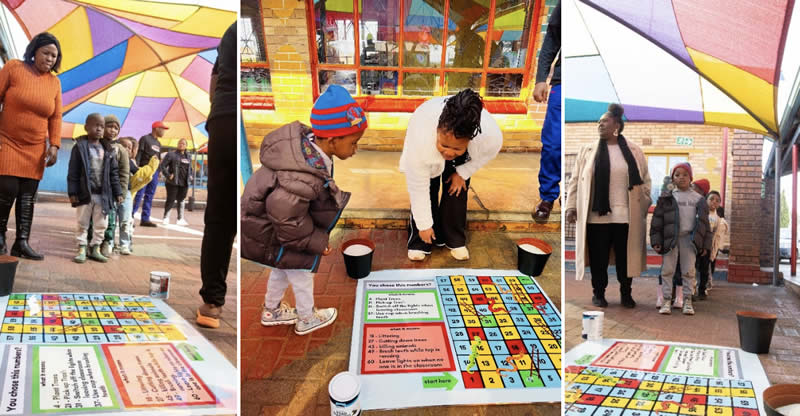
Animal hunt and sounds
Rounding off the day’s activities was a lively Animal Hunt and Sounds game. Learners listened to different animal calls and raced to identify the correct species. The winning team earned top marks for accuracy, but everyone came away with a better understanding of biodiversity. This engaging gam
e not only entertained but also introduced the learners to the importance of empathy, curiosity, wildlife conservation, and planting the seeds of future environmental stewardship.

One day of impact, a future of possibility
From fresh coats of paint to heartfelt handprints, the World Environment Day celebration at Naledi Pre-Primary School was a powerful reminder that small actions can spark big change. Through play, learning, and hands-on care, learners, educators, and partners came together to build not just better infrastructure, but a more sustainable future for the next generation.
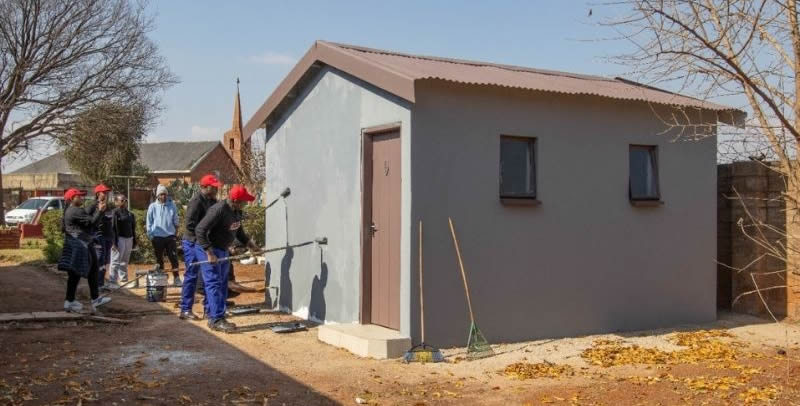
Get involved
WESSA continues to work with partners like Wispeco to create meaningful impact in schools and communities across South Africa. If you’d like to support or learn more about how to get involved in our environmental education initiatives, click here https://www.wessa.org.za/programmes/
